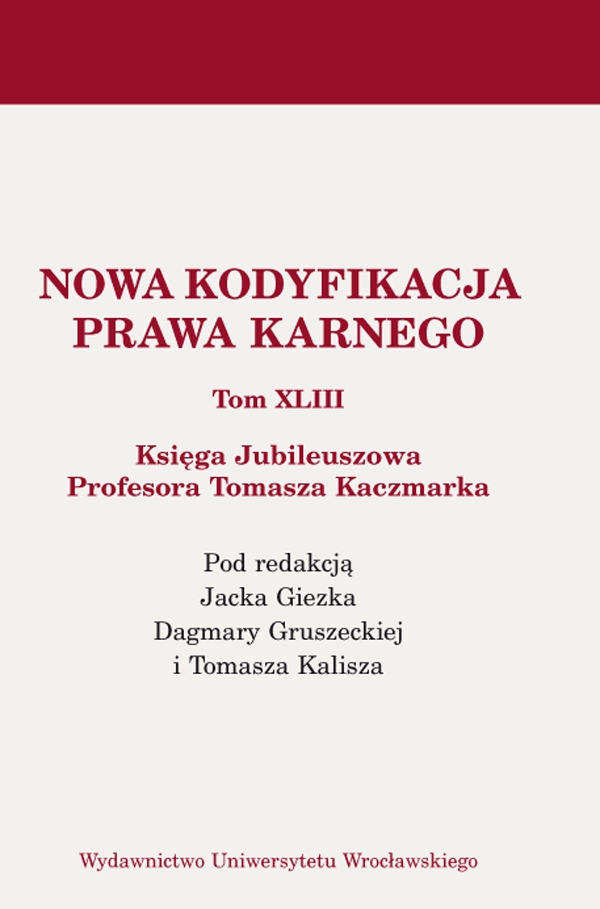

Artykuły

The Katyń massacre before the European Court of Human Rights — reflections on the October 21, 2013 judgment
Both the Nuremberg Tribunal in its judgment of Jan. 1, 1946 as well as the European Court of Human Rights’ Grand Chamber judgment of Oct. 21, 2013 in the case of Janowiec and Others v. Russia abstracted from a substantive decision on Russia’s responsibility for the Katyń massacre and failed to determine the consequences to be borne by the defending state, whose authorities decided upon the performance of the act in question. Contemporary Russian state denies that the murder of 22,000 Polish prisoners of war and inmates at the behest of the highest authorities of the USSR in 1940 was indeed a war crime. According to the position of the Russian government, represented before the ECHR, what took place was solely a crime committed by the administrative personnel who acted beyond their authority, the prosecution of which expired after 10 years, i.e. in 1950. The Russian side also claimed that it was not obliged to conduct an investigation on the matter and refused to disclose the content of the order to discontinue the criminal proceedings issued in 2004 to both the relatives of those who were murdered and to the ECHR. It also refused to recognize the murdered Polish prisoners of war as victims of political repression, claiming that it is unclear according to which criminal code they were sentenced to be shot. Russia’s position in denying the temporal jurisdiction of the ECHR and the ratione materiae with regard to the Katyń massacre which was in fact accepted by the ECHR in its judgment, should be subject to criticism. According to the statement of the court, Russia has not violated Article 2 of the Convention in its procedural aspect or Article 3 in its way of dealing with the relatives of the victims. The Court has lost the chance to contribute to appointing — in terms of human rights — a protection standard for a vital legal interest, which is currently the collective memory of the persecution of people because of their national, racial or religious background, ones who had become victims of war crimes and crimes against humanity, committed in the name of Nazi or communist ideology once pursued in Europe.